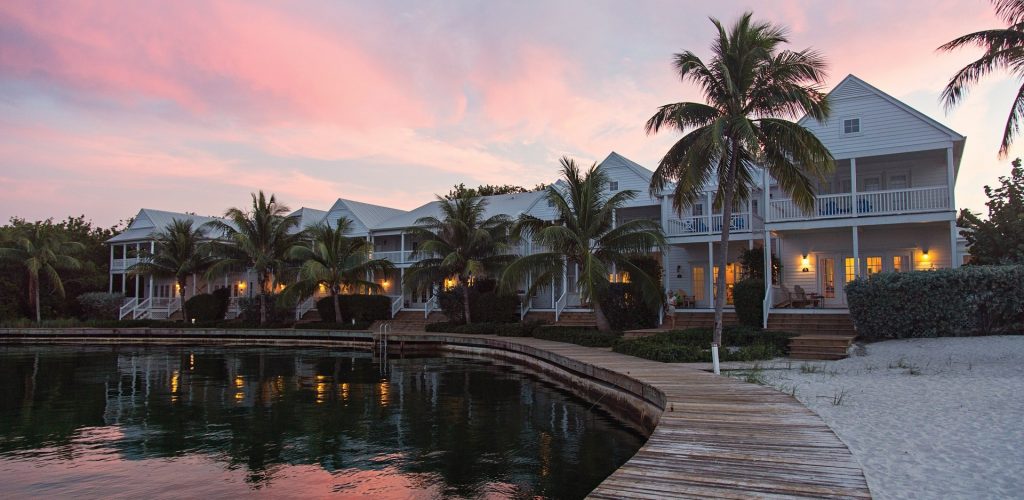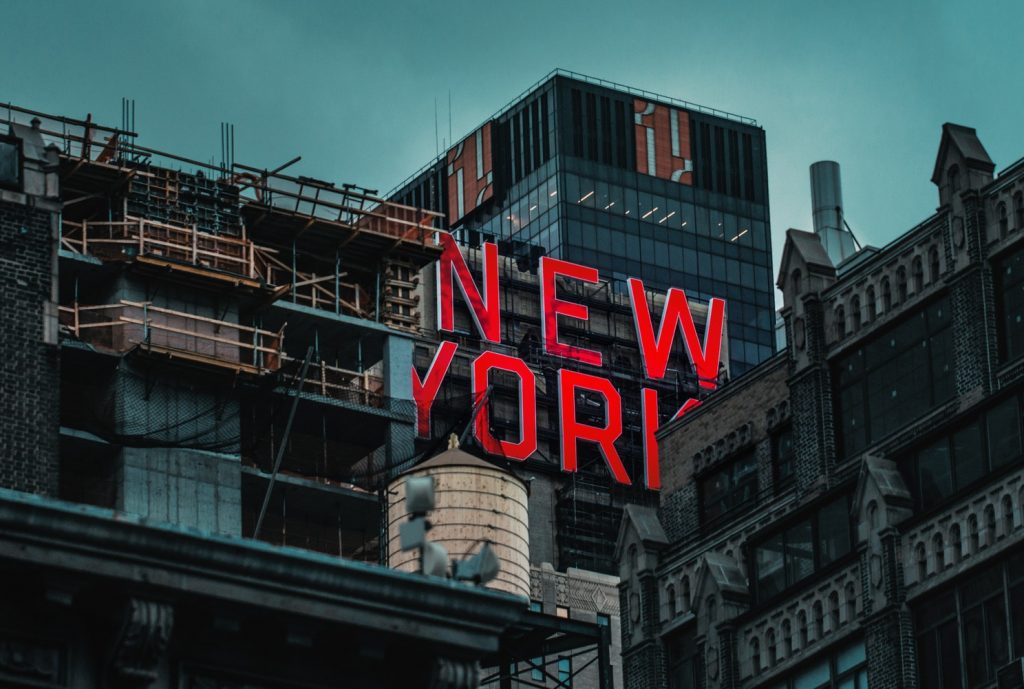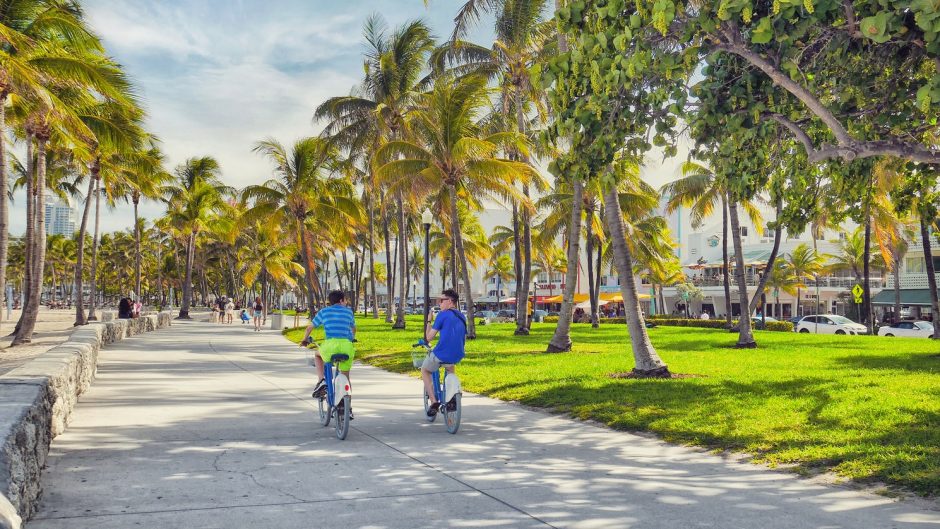When it comes to the vacation home market, not all states in the USA were created equal. Today we’re looking at the American locales delivering the best bang for the buck, and one famous metropolis that may have soured beyond some investors’ liking…
LRI’s Quick Hits
- Florida is a top target for vacation home buyers in the U.S.
- Beach/waterfront areas in general dominate the premier rankings.
- Differences in local taxes can translate to huge savings.
Warning Shots
- It’s a long game, not a get-rich-quick scheme.
- Learn your history: what’s the area’s record for hurricanes, forest fires, droughts, etc.?

In recent months, two players in the real estate market–Realtor.com and Vacasa, one of the largest vacation rental managers in the U.S.–published their findings on the best places in the United States to buy a vacation home.
Vacasa’s list ranked the top 25 vacation rental markets using historical home sales, gross rental income less typical operating costs for the region, and cap rate. They didn’t set limits on a state’s appearances on the list, and as a result, Florida was the clear front-runner. The Sunshine State secured nine spots, good for more than one-third of the top 25, with well-known destinations like Key West, Kissimmee, Pensacola Beach, and Marathon getting the nod.
But it was lesser-known Forgotten Coast that took first prize, scoring a cap rate of 9.6% on median home prices of $336,900. That’s good enough for three times the return on a 30-year treasury bond.
Best Places to Flip a Vacation Home
Naturally, Realtor.com wanted to know which markets were best for selling a second home, not renting one out. Their list of the 10 most profitable markets to “chill out, then cash in” only considered cities where second homes constitute at least 12% of all properties, with individual states capped at two entries. They calculated annualized rates of return by comparing recent home sales prices to the prices of those homes the last time they were sold, going back to 2008.
The result? One quirky list. Florida did show up in a big way, securing its maximum two spots via Port St. Lucie and Key West, the only city to appear on both lists. A couple other big-name towns also made the cut: Hilo, Hawaii and Bend, Oregon.
But no-names like Aberdeen and Wenatchee in Washington and Brainerd, Minnesota found their way onto the list on the strength of their two-hour drives for second-home buyers in major nearby cities, namely Seattle and Minneapolis.
Taking the top slot was Traverse City, Michigan, with Midwestern tourists, investors, and retirees flocking back to the once-popular getaway spot to snap up lake-front properties since the local housing market bottomed out in the Great Recession. Realtor.com calculated the city as returning a 14% annualized return with median home prices of $315,000.
New York City: A Rotten Apple?
 Then there’s the story of one popular tourist destination that is not providing solid returns of late.
Then there’s the story of one popular tourist destination that is not providing solid returns of late.
In 2019, New York State and NYC’s tax policies have come under the spotlight as high-income citizens have been taking their business elsewhere. In February, Governor Andrew Cuomo acknowledged that the state collected $2.3 billion less than expected in income tax revenue as its wealthiest residents headed for second homes in Florida. Meanwhile, the brokers for billionaire investor Ken Griffin, Tal and Oren Alexander, explained on CNBC that the soaring taxes in New York City were driving luxury home buyers to…where else…Miami.
Just how bad is the tax picture in states like New York, now that a new law capping state tax deductions has gone into effect? According to Bloomberg, a New Yorker with a $10 million home and $10 million ordinary income would’ve saved $1,173,278 in total taxes by moving to Florida the day the law took effect!
Background Research is Key
It’s easy to fall in love with a vacation home or town, but you need to keep emotion out of the equation when picking a market to get into. As we discussed in a previous post, the average buyer holds onto a vacation home for six years…and a lot can happen in six years.
So here are some questions to ask to help you forecast the outlook for any vacation destination, pulled from the headlines in recent years:
- Is there a history of natural disasters and do the current local and state governments figure to help or hinder this situation in the future? (See Southern California wildfires)
- Is the local economy able to weather a national economic downturn? (See Las Vegas)
- Are short-term vacation rentals even allowed? (See Miami Beach)
- Is the region a 2-season tourism market or 4-season? (See Coeur d’Alene).
International Luxury Living—Simplified.






No Comments